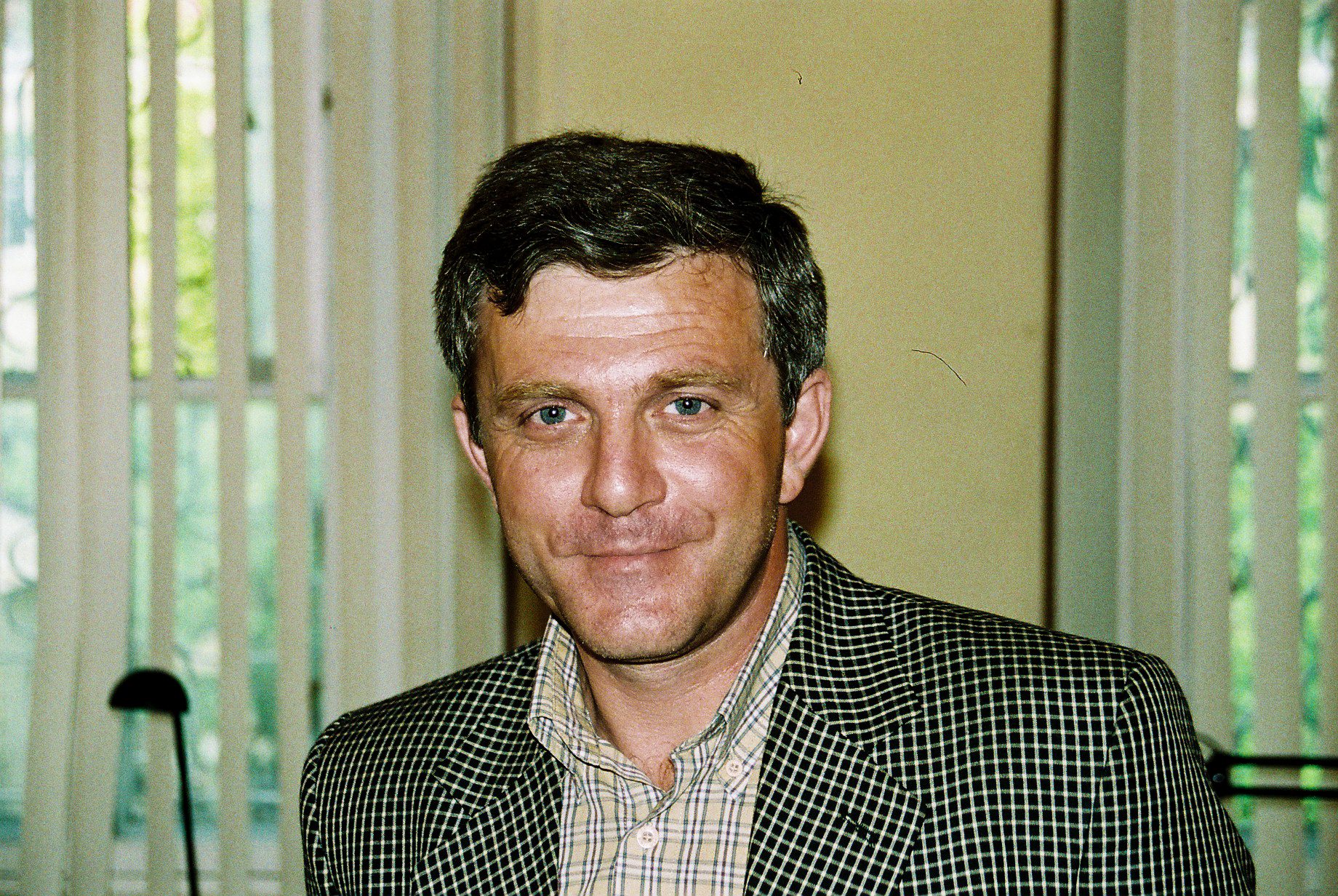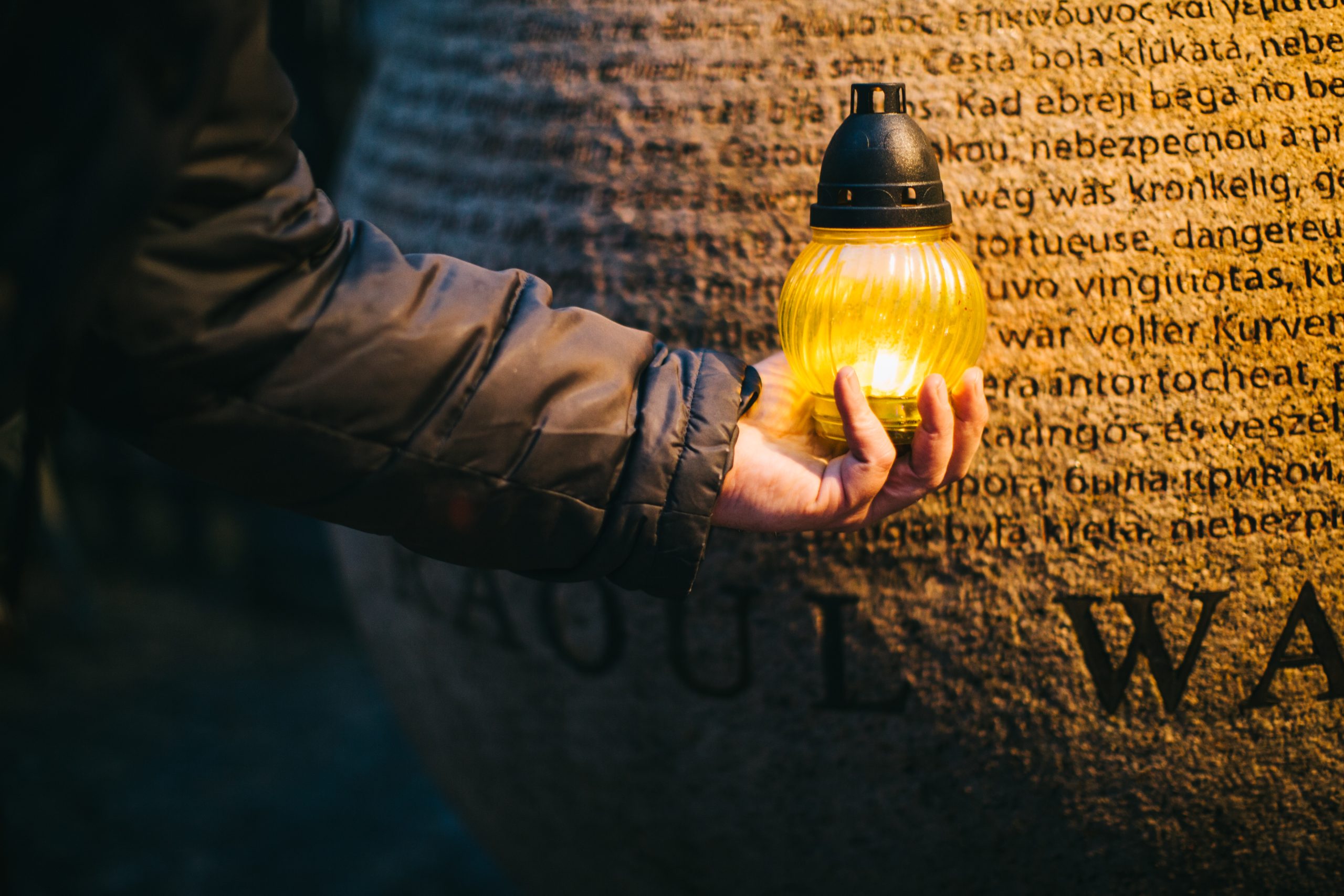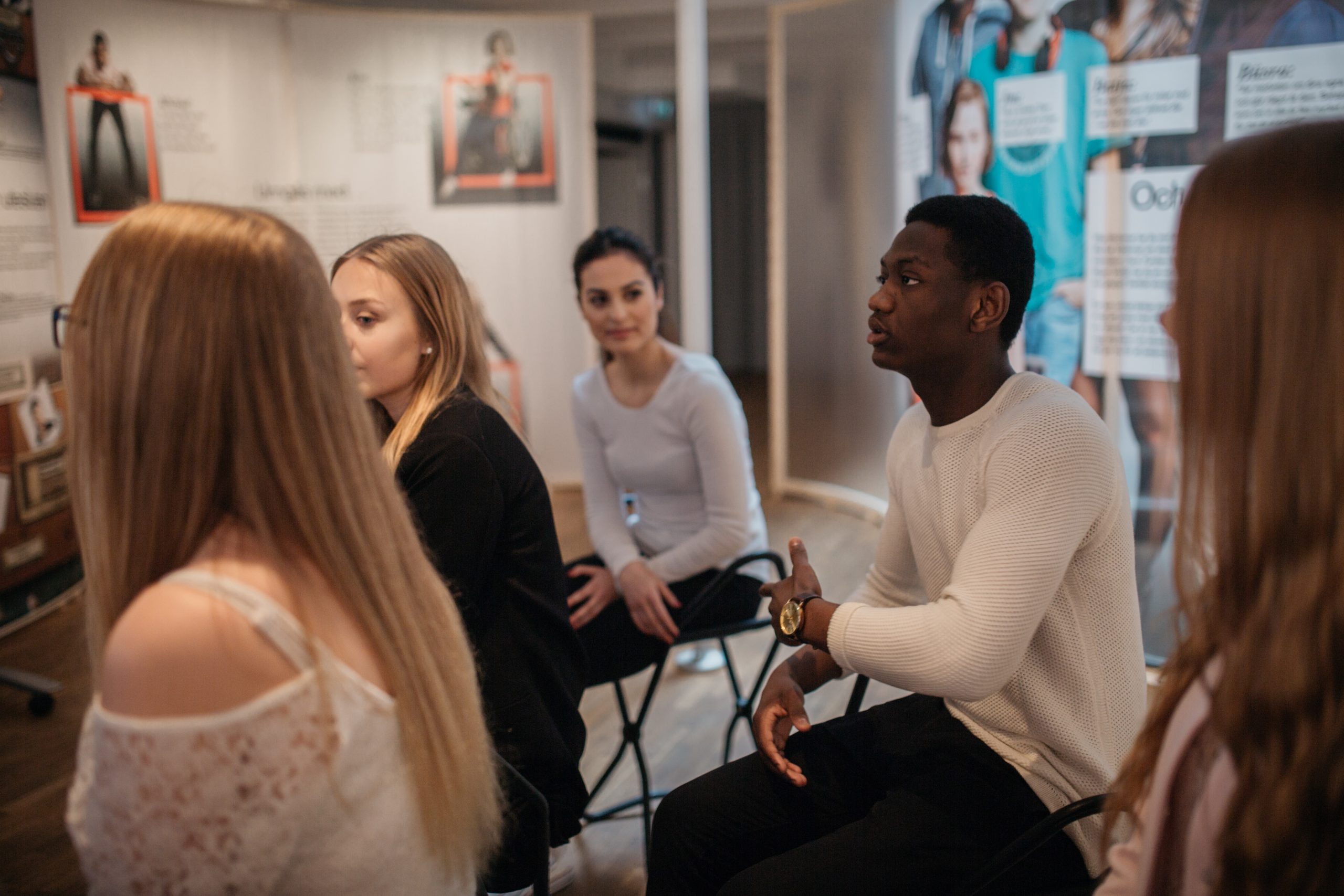2005: Arsen Sakalov
Learn about Arsen Sakalov, recipient of the 2005 Per Anger prize to human rights defenders.

Ales Bialiatski
“The only thing I dream of is peace. Peace and consensus. So that mothers will not have to look for their missing children. So that everything will be alright. This is all I can dream of.”
Arsen Sakalov is the teacher who became a human rights activist in the Russian autonomous republic of Ingushetia. He was awarded the Per Anger Prize in 2005 for his self-sacrificing work of identifying, documenting and reporting abuses that have occurred in the neighbouring republic of Chechnya.
Meet Arsen Sakalov
Interview with Arsen Sakalov
- I want children to be able to go out into the streets whenever they want to, at any time of the day, and come home again. So that nobody has to worry as soon as someone goes to work or is out on some other errand. What more is there to dream about? Peace is the most important thing. And peace for everybody – not just for our children. For everybody.
How are human rights being violated in Ingushetia today?
- It can be non-sanctioned arrests, and not too long ago we had such a case. High school kids went out to protest a decision that had been made in the city, there were maybe 40 students. People gathered and everybody has the right to speak their mind, but then the metropolitan police came and arrested them. They were expelled from school, which ended that protest. These kinds of methods are used, and that’s the way it has always been.
Do you still work for the organisation Russian Justice Initiative?
- Yes, of course. But I have had health problems, so I have been away for a while. I have had a long vacation. You know, 13 years in this line of work is a heavy burden. I went to a health resort, recuperated and came back not too long ago. So naturally I am working, but the most important thing is that our office can operate even when I am not here. The people employed here know their work and carry it out professionally.
What types of problems do the people have who contact your organisation?
- The problems are always the same – disappearances. Someone has been shot. But I want to stress, so that you will understand, that these problems have decreased. However, the old problems from before remain, those cases have not yet been solved.
For example, some very young people came here from Moscow in the summer. They were born here but don’t live here, so they were visiting. They were out on the fields drying hay when they were shot from helicopters. We lost that time, too, and until this day nobody has been held accountable for this. We know all those involved, who gave the order, who shot them. Even the European Court of Justice has judged the man to be guilty, but nobody has been punished. It was a father and his sons ... We will keep going until the day someone is sentenced and punished. That is the situation.
Are you scared?
- Maybe, but we will manage. Anybody who begins this kind of work can experience fear at first. But then when you have seen so much, the fear simply subsides. So no, I’m not scared.
Before, my car was always targeted, they shot at it several times. This wasn’t last year or two years ago, it was earlier than that. But they didn’t shoot to kill, just to scare. If they had wanted to kill me, they would have done so. Now it is different, they don’t think our humanitarian organisation can be a real threat. The local authorities also know that each and every one of them, or one of their relatives, can come here and get help from us.
Where do you get the strength to carry on?
- Where I get strength from? I don’t know. But who would do this if we didn’t? It would just be chaos. Especially now, when we have a very difficult situation in our country and in the world. I’m referring to Russia in Ukraine. Where do I get my strength? I can’t answer that, you just have to. But it is never dependent on a single person, that’s why I said when I received this prize that it wasn’t given to me alone. The prize is for all those who have always worked together with me. Without them, this would be nothing, you see? There are people who stand by your side, that gives me strength. They are my friends.
What has happened since you received the prize in 2005?
- Well, what can I say? No major changes. The prize probably meant most for my family, it was really something big. I had never expected a prize like this. I haven’t felt that what I have done is anything special. Plus, I was the second person to receive the award, after the priest who got it first. It’s hard to say what it meant to me, of course I was proud. Life has changed in relation to the authorities, in that they haven’t touched us.
The Living History Forum would like to emphasise that these interviews are based on the testimony of the prize recipients themselves. They are not an objective assessment of facts on behalf of the government body.
About the nomination and award
Arsen Sakalov was awarded the Per Anger Prize for 2006 and was nominated by Civil Rights Defenders, formerly the Swedish Helsinki Committee.
The citation of the jury
“For having shown, through considerable amounts of personal courage and self-sacrifice, that inhumanity and lawlessness can be fought through compassion and justice, Arsen Sakalov is awarded the 2005 Per Anger Prize for humanitarian and democracy-enhancing efforts.”



